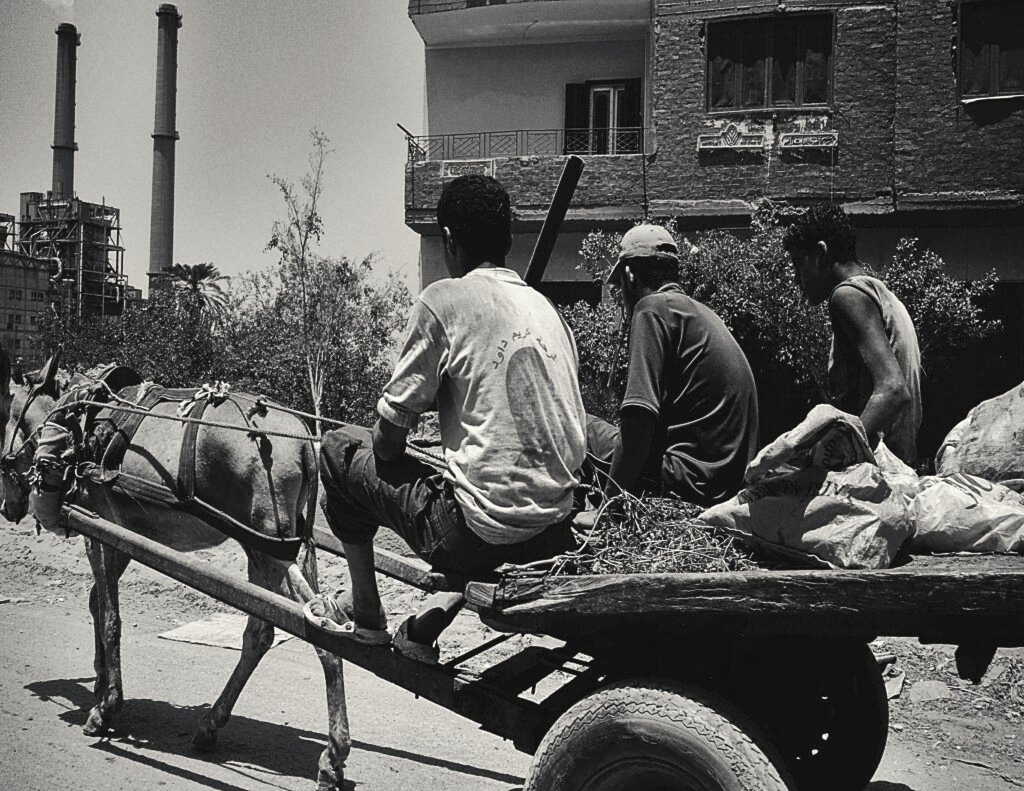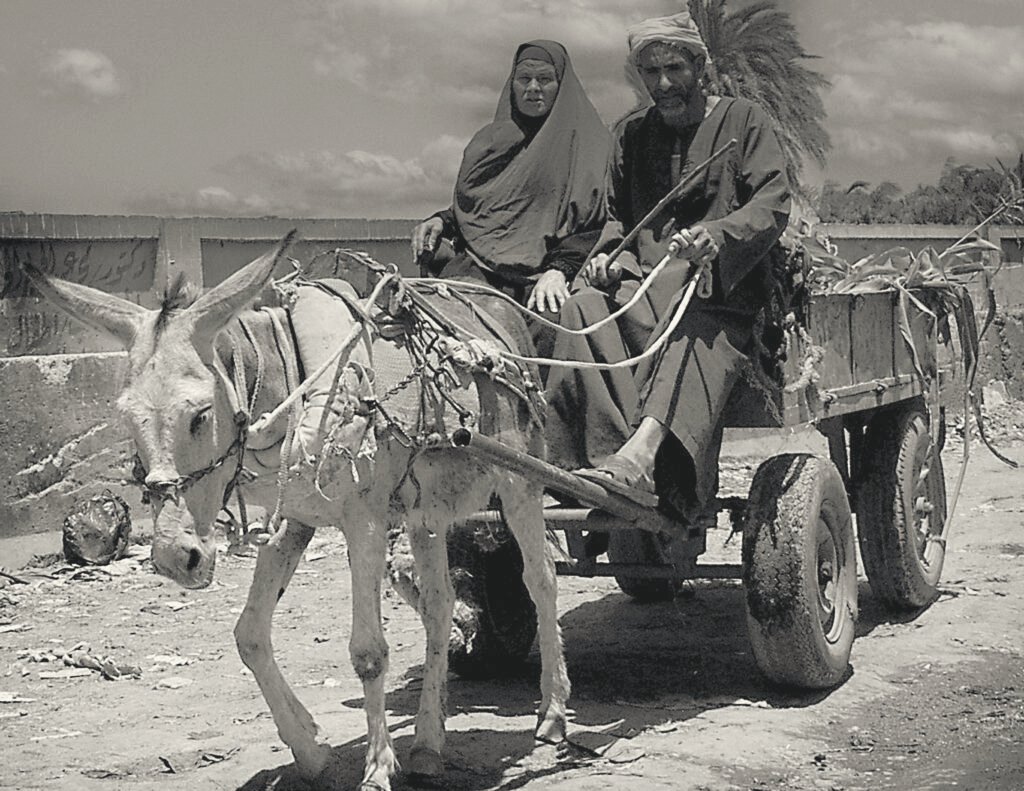
Poverty is a significant issue in Cairo, as it is in many urban centers around the world. The city’s rapid population growth, economic disparities, and limited job opportunities have contributed to the existence of marginalized communities, including impoverished youth. Young boys growing up in poverty in Cairo face numerous challenges, including limited access to education, healthcare, and basic necessities. They may live in overcrowded and inadequate housing conditions, struggle to afford nutritious food, and lack opportunities for personal and professional development.
Many boys in Cairo may be forced to work at a young age to support themselves and their families, often in informal or exploitative labor sectors such as street vending, scavenging, or working in informal workshops. This can deprive them of the opportunity to receive a formal education and escape the cycle of poverty. Furthermore, poverty can exacerbate social issues such as crime, substance abuse, and involvement in street gangs, putting vulnerable boys at risk of exploitation and violence. Without adequate support and resources, these young boys may face a bleak future with limited opportunities for advancement.
Addressing the needs of the poor in Cairo requires a multifaceted approach that addresses the root causes of poverty and provides comprehensive support and resources. This includes initiatives to improve access to education, healthcare, housing, and economic opportunities, as well as programs to address social issues and empower marginalized communities.
Non-governmental organizations (NGOs), community-based organizations, and government agencies play crucial roles in providing assistance and advocating for the rights of impoverished youth in Cairo. By working together to address the systemic issues that perpetuate poverty and inequality, it’s possible to create a more inclusive and equitable society where all young boys have the opportunity to thrive and reach their full potential.
